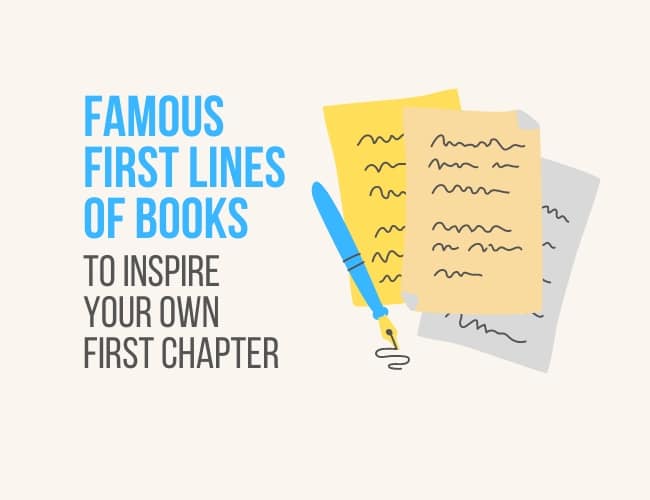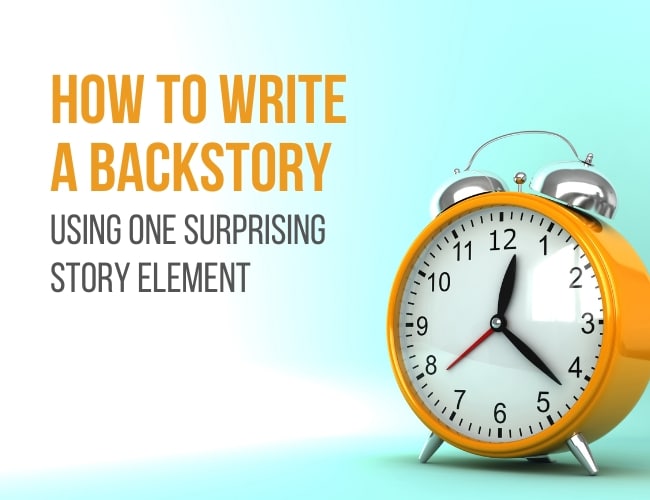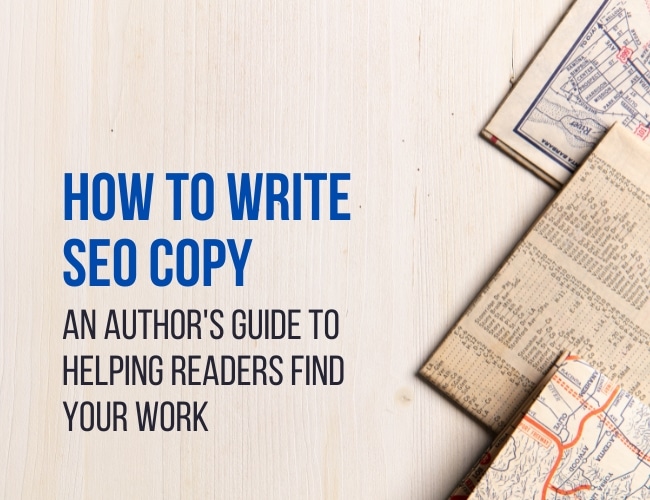
by Guest Blogger |
You never get a second chance to make a good first impression. That’s why these famous first lines of books are a terrific opportunity to learn from the masters of fiction. Take a look and see if one of your own favorites is here.

by Guest Blogger |
With the fantasy genre, the potential for conflict and world ending threats can come from anywhere—magical creatures, an unfamiliar city or world, an evil sorcerer. These prompts will help you write about the fantasy world and before you know it, your protagonist will be well on their way to find the magic item they need to defeat the villain.

by Guest Blogger |
Often, backstory is simply told to the reader in the opening or a prologue; this slows down the pace and comes across as a massive info dump. In those instances, the reader might decide to put the book down.
And that’s not what you want. But before you throw out backstory altogether, let’s look at one way to reveal well-developed backstory in a more organic way: through the setting.

by Guest Blogger |
World building refers to the process of creating a fictional or imaginary world for your story. It involves constructing an entire universe, complete with its own history, geography, culture, and society. This world must be believable and immersive enough to transport your readers into it.
To effectively build a world, you need to consider various elements such as the physical environment, the political system, social structure, norms, values and more.

by Guest Blogger and Sue Weems |
Many writers dread the marketing part of being an author, believing they have to be omnipresent on social media, or pay for fancy blog posts or advertising. The truth is that if you learn a few basics about how to write SEO copy, you’ll draw readers and show them who you are as a real person and what you offer potential customers.
Mastering a few basics of SEO copywriting can help readers find your amazing content and share your voice with the world without feeling like you have to sell, sell, sell at every turn. Today we have guest writer Linda Walkovich to walk through the basics of SEO and share some SEO copywriting tips.




